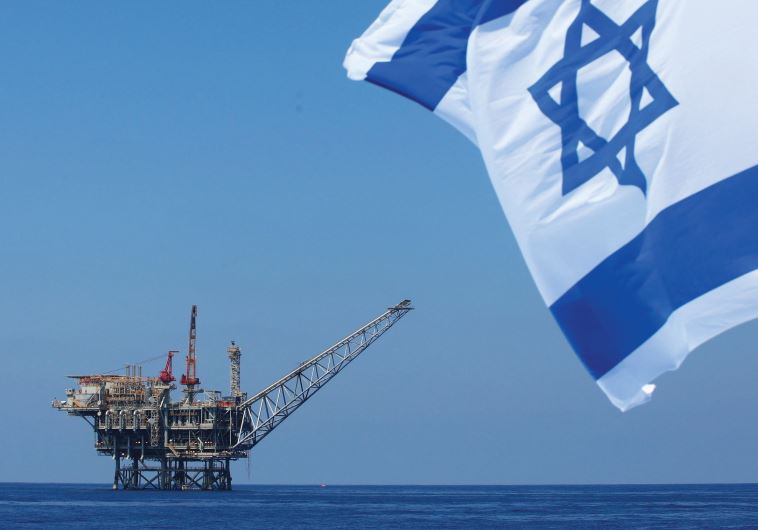By Timothy Abraham
In a region where energy resources can be found in masses, both Turkey and Israel have been mostly reliant on imports. For this reason, energy has never really played a major role in the relationship between these two countries. This might change after the discovery of major gas fields off the coast of Israel – the Leviathan and Tamar gas fields. This discovery might not only change the geopolitical situation in the region, but also might reach far beyond to influence the Eurasian geopolitical situation. Significant consumers of natural gas in Europe also seem interested in further diversifying their supply sources.
Turkish-Israeli relations might be considered as one of the most interesting relationships in the region. Turkey was the first Muslim country to recognize the Jewish state in 1949; but more recently, Turkish-Israeli relations have taken a turn for the bad (especially after Justice and Development Party, also known as AKP, won in the Turkish general elections of 2002). All diplomatic relations were frozen in 2009, after Israel entered a Turkish Flotilla heading to Gaza. This relationship has definitely known its ups and downs. Would the discovery of natural gas by Israel mean any improvement?
The Israeli gas fields might not only improve Israel’s energy security; natural gas produced at these fields can also be used for exports. With both Turkey and the European Union mostly relying on Russian gas, it is no secret both have been looking for opportunities to diversify their sources of imports. This economic cooperation can strengthen the interdependence between Israel and Turkey. This in turn could stabilize diplomatic ties. The first steps were made on June 27, 2016. The Israeli security cabinet approved the Reconciliation agreement on June 29, on August 20 it was approved by the Turkish parliament and signed by Turkish president Recep Tayyip Erdogan on August 31.
Much speculation has been going around that the potential energy exports played a key roll in the reconciliation agreement. According to a Bloomberg report, energy talks are set to open “immediately after reconciliation is announced.” Yet it will not be as simple or cheap as it sounds to export the gas from Israel. A pipeline is out of the question since it will have to go through Lebanon and Syria first to reach Turkey. With Hezbollah in Lebanon keen on destroying the Jewish state and an overall tumultuous situation in Syria, a secure pipeline will never be constructed. The only other solution for Israel to export its gas would be over sea by turning it into liquefied natural gas (LNG). On top of investments Israel would have to make to be able to export all of this gas, LNG is considerably more expensive than pipeline gas. On top of the financial constraint, considering the amount of resources, Israel will never be able to compete with, let alone replace Russia. Therefor it would be a strategic move for both Israel and Turkey to limit gas exports and use it very carefully in cases of energy shortages or when ties with Russia deteriorate. Notably, Turkey’s relations with Russia have been through a major test after the downing of a Russian jet in Syria.
For Europe things are looking more positive, its energy imports are already more diversified than Turkey’s. And transport would be much simpler with the Energy Triangle cooperation between Cyprus, Greece and Israel. Gas from the Tamar, Leviathan and Aphrodite gas fields would go to the Vasilikos Power Station in the south of Cyprus, from there it will be transported to mainland Greece and further to Italy and Bulgaria. Combining the Israeli and Cypriot gas supplies would amount to a stable supply of gas to Europe for the coming 20 years. Not only would this allow the EU to diversify its energy imports to comply with the 2030 energy and climate framework. It would be able to diversify with a country with which it has more stable diplomatic connections.

